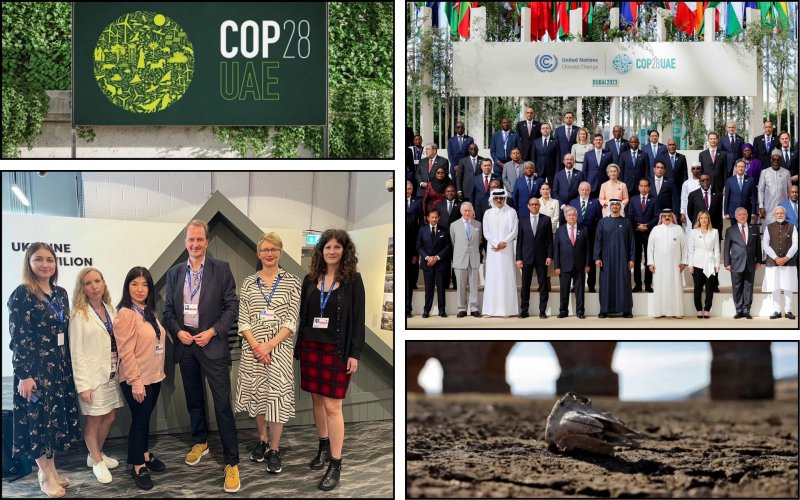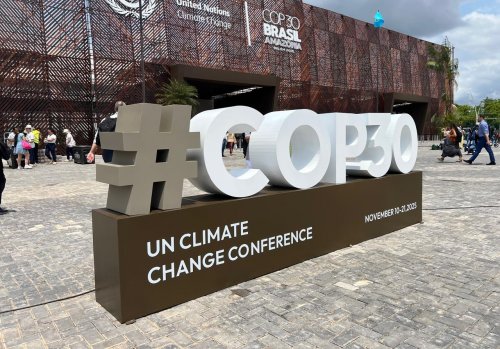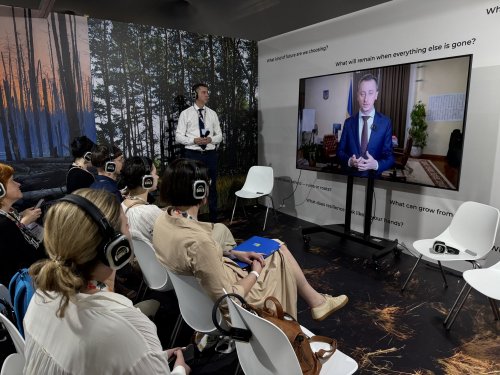On November 30, the two-week COP28 climate summit began in Dubai, UAE, where a historic decision was made to create a fund to compensate developing countries for losses and damages from climate change.
EcoPolitic has prepared for its readers the key events of the conference and the achievements of the Ukrainian delegation.
A UN study has shown that under the current situation, carbon emissions will be reduced by only 2% of the 2019 level by 2030. However, in order to limit global warming to 1.5°C, this figure should reach 43%. According to scientists, the planet will warm by 2°C by 2050 and by 3°C by 2100.
Achievements of the first week
A number of climate activists had doubts about what could be achieved at a climate conference in an oil power headed by the CEO of the Abu Dhabi National Oil Company (ADNOC). However, on the first day of the conference, the participants decided to create a fund to compensate developing countries for losses and damages from climate change. This is likely to help restore trust between the global north and south.
However, the size of the fund ($400 billion) will cover only 0.2% of the actual costs of developing countries to combat the effects of climate change. In addition, the actual receipt of this funding may be delayed.
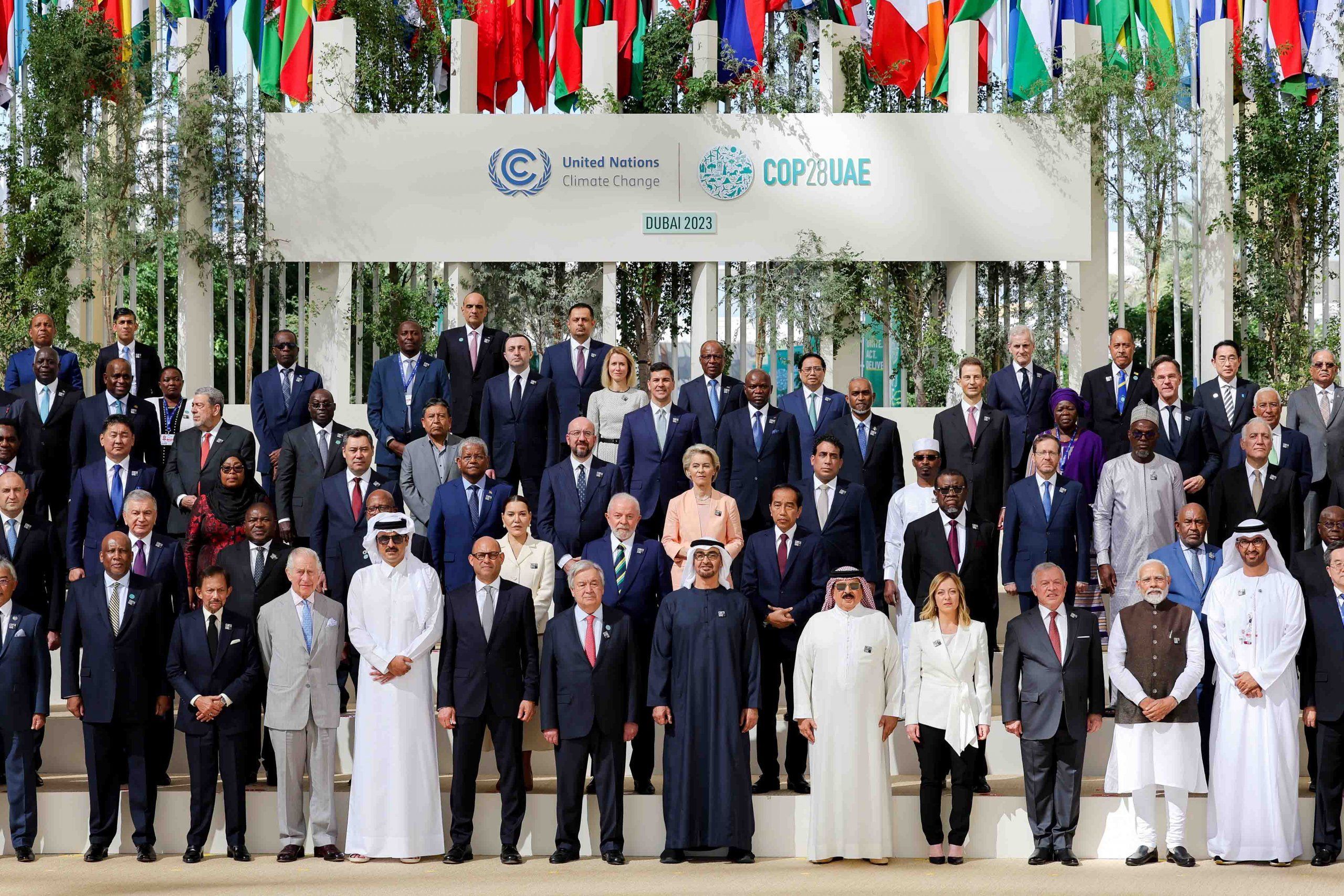
consilium.europa.eu
Also on COP28 adopted 11 pledges and declarations, with mixed levels of multilateral support, for change in agriculture, health and peace. Also 22 countries, including Ukraine, signed the Declaration on the tripling of nuclear energy capacities by 2050.
In addition, 123 countries pledged to triple global renewable energy capacity by 2030 and double energy efficiency. During the second week, the participants must agree to reduce the use of fossil fuels, because without these efforts it will be impossible to reduce the amount of emissions.
Position of Ukraine
About 100 delegates from various ministries and public organizations represented Ukraine at the conference. In addition, the country presented its pavilion for the second time, which is dedicated to:
- block "Kahovka" – the consequences of Russians undermining the Kakhovka HPP dam;
- "Consequences" – damage from the war;
- "Restoration" – reconstruction of the destroyed.
The installation "Roof" dedicated to the tragedy of flooding was installed in the pavilion. It has become a popular conference venue. So a number of politicians and other participants were photographed against the background of the flooding, which took the lives of people and thousands of animals and caused colossal pollution.
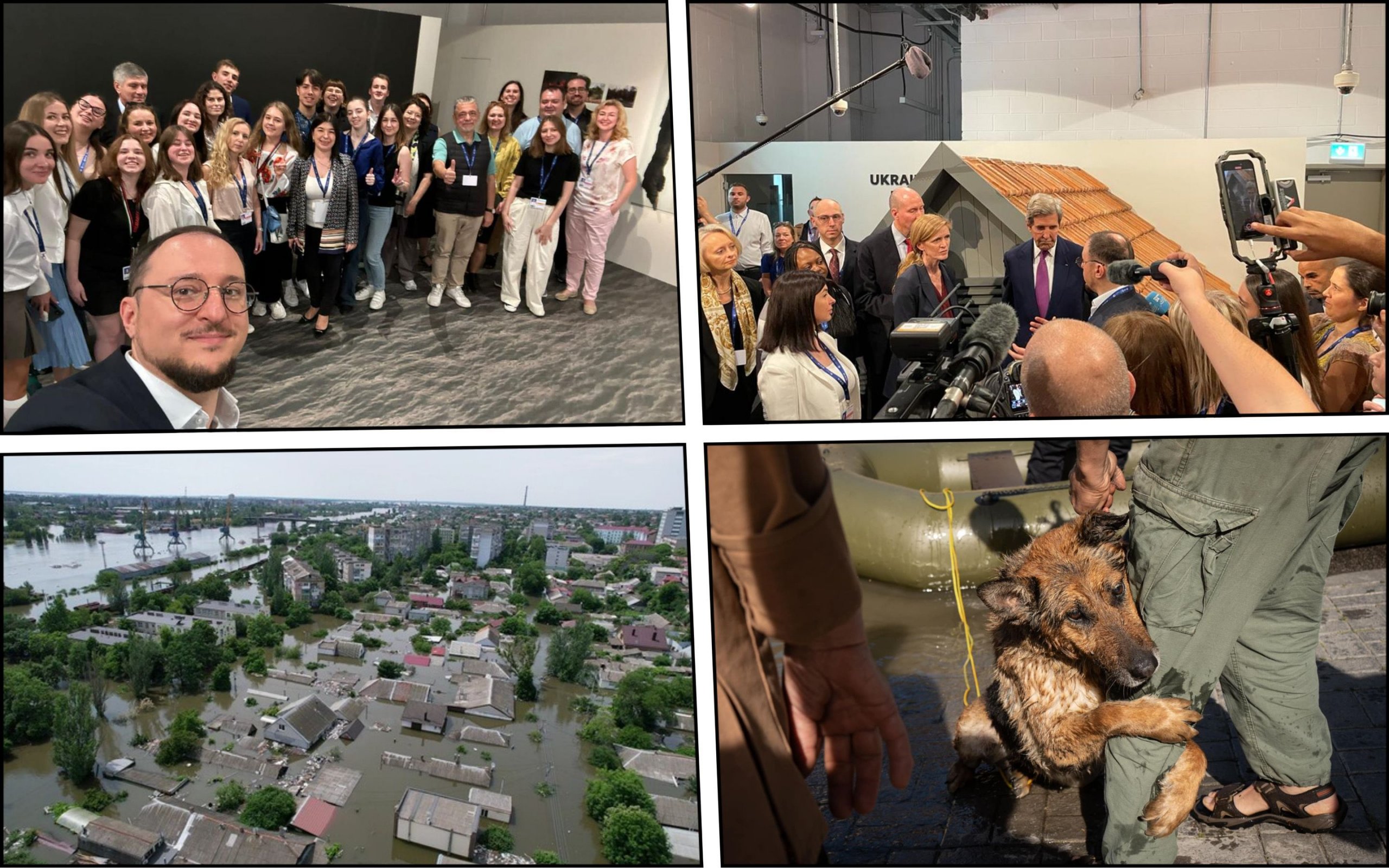
During the conference Deputy Minister of Environmental Protection and Natural Resources Victoria Kireeva told the world about the catastrophic consequences of the war for the climate. Thus, during 18 months of full-scale aggression, 150 million tons of CO2-equivalent entered the atmosphere, which is equal to the annual emissions of Belgium.
Also Minister of Environment Protection and Natural Resources Ruslan Strelets presented the Net Zero strategy until 2050 and the first version of the National Energy and Climate Plan for Ukraine.
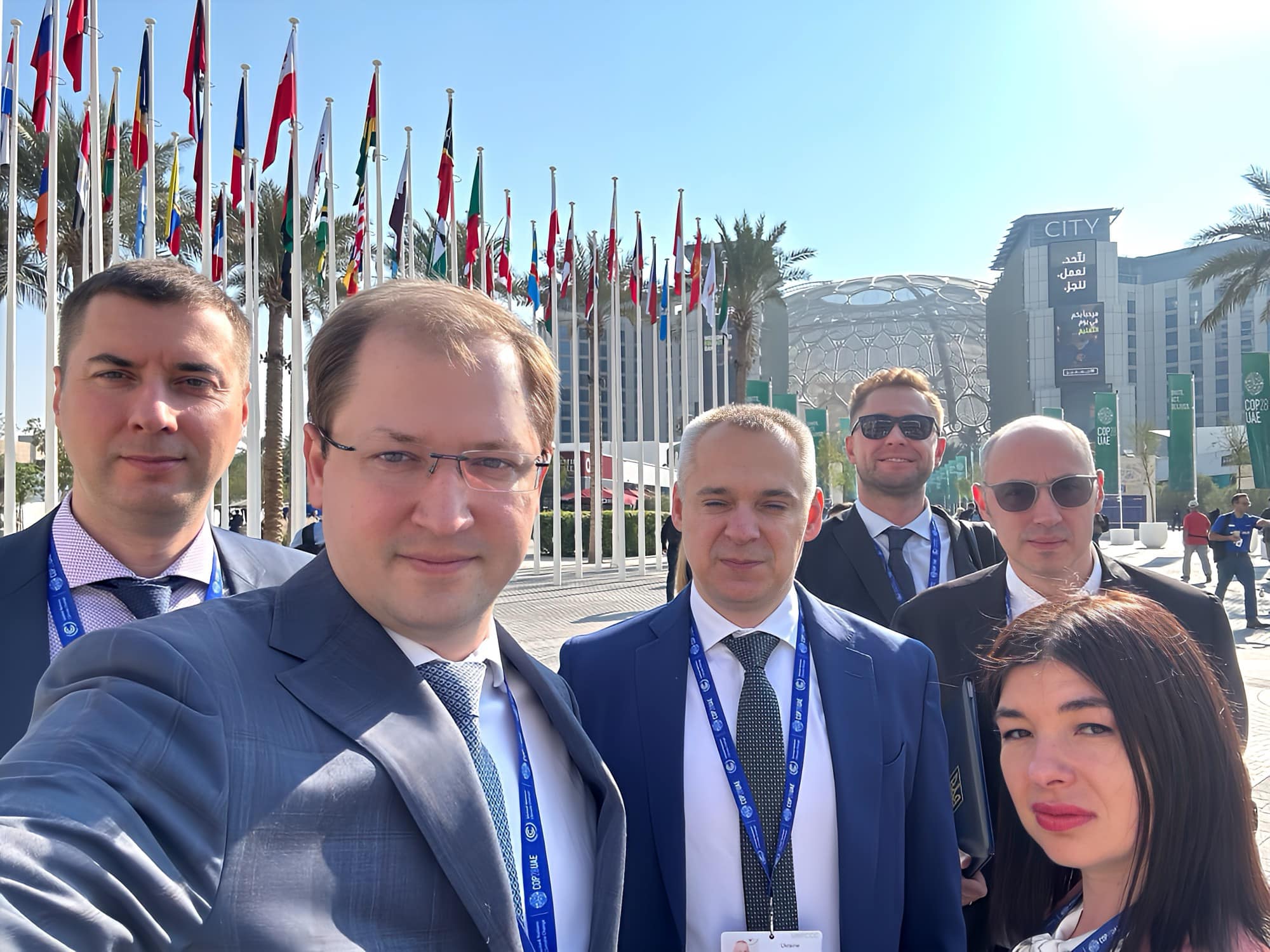
Ukraine also held a number of bilateral meetings and concluded agreements with:
- Germany – regarding the European integration of the sphere of environmental protection, overcoming the consequences of Russian aggression for the environment, supporting recovery, implementing systems for trading quotas for greenhouse gas emissions and monitoring, reporting and verification of greenhouse gas emissions (GHG);
- Finland – regarding the improvement of the state system of atmospheric air monitoring in Ukraine, as well as the exchange of experience;
- Japan – regarding the implementation of the memorandum on the decarbonization of various sectors of the economy.
In addition, Ukraine concluded a memorandum with Italy regarding:
- technology transfer and capacity building in the renewable energy and energy efficiency sector;
- exchange of best practices and knowledge in the energy transition and innovative technologies in the process of decarbonization; accelerating the deployment and use of renewable hydrogen, biogas and biomethane;
- strengthening public participation and sharing best practices in energy system management, including the drafting of National Energy and Climate Plans (NECP).
It is worth noting that the president of the Association of Environmental Professionals (PAEW), Lyudmila Tsyganok, emphasized the need for real actions, not discussions.
"Maybe it's time to reduce the number of international forums and discussions and focus on the implementation of specific projects? Maybe it's time to fulfill all the promises made to international partners and our own communities, businesses, and investors? And show everyone the result after a year? Show that we are truly a worthy and reliable European partner? They will help us, they believe in us, we can – but it's time to do, not imitate," she wrote on her Facebook page.
As EcoPolitic reported earlier, in Vilnius, Lithuania, a four-day conference "Ukraine Green Recovery Conference" (Ukraine Green Recovery Conference) ended, during which the current environmental damage from the war, as well as strategies and concrete solutions for green recovery were discussed .

